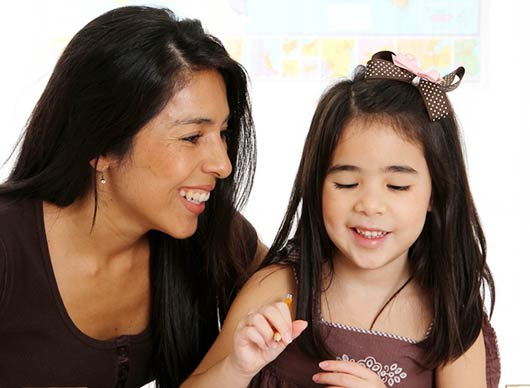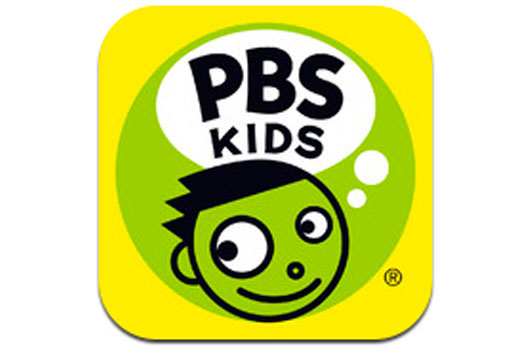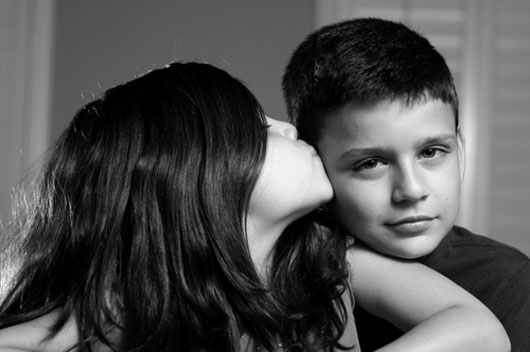
As an educator, I make a priority of the six steps of character building, which are Trustworthiness, Respect, Responsibility, Fairness, Caring for others, and Citizenship. Unfortunately, the more I teach, the less I see these character traits exhibited in the classroom. So I try to emphasize to parents that for kids, character-building begins at home and that we teachers can’t do it all alone.
HONESTY
Honesty and Trustworthiness are the foundation upon which character is built. Yet on a daily basis I am confronted with children who are not trustworthy, as books and materials are missing in my classroom, or homework isn’t done. I also have students who lie to their parents about what goes on in the classroom just so they won’t get in trouble.
isn’t done. I also have students who lie to their parents about what goes on in the classroom just so they won’t get in trouble.
At school and at home, we have to remind children of the importance of telling the truth. They need to know that even if they make a mistake or commit an untrustworthy act, it’s better to come clean and confess immediately. Confessing doesn’t make what they did right, but admitting their fault and moving on shows that they understand that what they did was wrong and are willing to take responsibility for their actions. The shame associated with confessing also helps them to think first before ever doing something dishonest again.
RESPECT
Teaching children Respect for one another is a major struggle in the classroom. It seems that, compared to years past, we have a lot more children willing to bully others because of the way they look or because they’re too smart. I hear children ridiculing one another and saying some really nasty things—it blows my mind how these little kids talk! When did we teach our children to judge others based on how they look or to ridicule, rather than respect, intelligence? Parents have to model respect for their fellow human beings by demonstrating tolerance and understanding of differences.
RESPONSIBILITY
Teaching our children Responsibility must be a priority. Our children should know what is expected of them and they need to understand that they are required to follow through. This is a character trait that speaks for itself—everything from meeting deadlines and completing tasks, to stepping up to the plate as needed is a true test of individual responsibility. With children, responsibility has to be instilled at school and at home, and from an early age. They should be expected to clean up after themselves, complete their homework, and do reasonable household chores. In the classroom, I like to ask students to rate their own level of responsibility and to describe what they consider a responsible young adult.
after themselves, complete their homework, and do reasonable household chores. In the classroom, I like to ask students to rate their own level of responsibility and to describe what they consider a responsible young adult.
Read Related: Teaching Sons to Grow Up to Be Gentlemen
COMPROMISE
Instilling a sense of Fairness in the classroom always causes major disputes. Children don’t know how to compromise and this leads to heated disagreements that can quickly become physical. In school, we model communication with children and explain the importance of “talking it out” and not “yelling it out.”
I remember my own childhood, when we took turns and shared, when we spoke with one another and our opinions were respected, not ignored. We did our best to look after each other. It was instilled in us that everyone is different, not every situation or family was the same, but in the end we all have feelings and they should be acknowledged. Have children hold civil debates at home about topics they may feel strongly about, such as curfew or chores. Have them calmly explain how they feel and give them a sense that they are being heard.
COMPASSION
Caring for others is first modeled at home, and then these traits carry over into school. It’s always nice to see a child exhibiting this quality in the classroom, whether he is comforting another student in a time of need, lending help to a child who is having difficulty in a specific subject, or assisting on the playground with a scrape or bruise. It’s wonderful to see children connect and care for one another. As a parent you know that you have done right by your child when a teacher can report back to you that your child is especially compassionate with other kids.
COMMUNITY VALUES
Whether we realize it or not, children are challenged to be good citizens on a daily basis and right from the very start. They are born into their own personal community: their family. They learn to work together and bond with one another. They can work together as a family to address issues in their community and make a difference. In school, that Citizenship carries over: children work together on projects and come together to meet goals in the classroom.
BOOKS THAT TEACH VALUES
At school and at home, do you feel your children are being reminded of the importance of character and that character traits are being built upon on a daily basis? As parents and educators we must model these qualities for our kids—every day—and remind ourselves that we should be their best role models. We must pave the way for them to demonstrate their character in the highest quality possible, because character does count—everywhere we go!
Here are a few kids’ books on character that I’ve found particularly helpful, both in the classroom and with my own boys:
- Help Me Be Good Series Box Set by Joy Berry
- Child’s Book of Character Building by Ron Coriell and Rebekah Coriell
- What Do You Stand For? For Kids: A Guide to Building Character by Barbara A. Lewis
- I Am Brave: At School by Jeremy Rice











